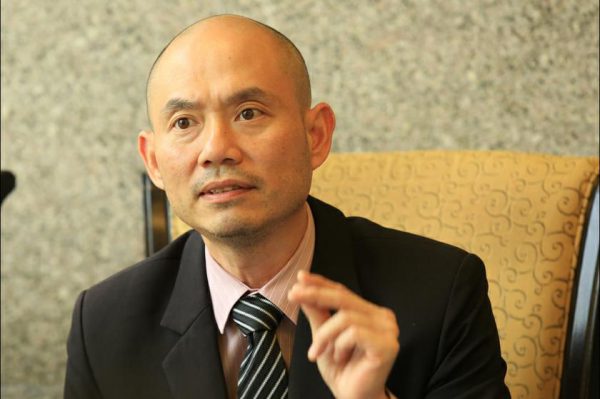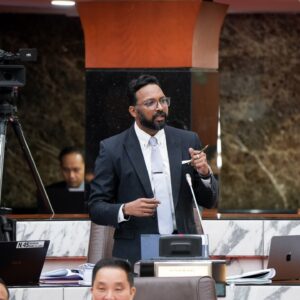
The appointment of Ramlan Harun, the former secretary-general of the Rural and Regional Development Ministry, as the new chairperson of the Election Commission (EC) has sparked considerable debate. While his impressive track record as a diligent senior government official is commendable, this decision raises questions about whether it is the best policy choice in the current Malaysian political context.
Ramlan Harun, who retired on May 30, brings valuable insights and administrative skills to the role. However, appointing a retired official to such a pivotal position may not fully address the need for a fresh and forward-thinking approach to electoral governance.
In today’s Malaysian political landscape, characterised by a desire for transparency, accountability, and reform, appointing a serving official or an expert from a local university could be a more suitable policy. Such individuals would bring current, cutting-edge knowledge and a potentially less politicised perspective to the role.
Firstly, the practice of rehiring retired officials to senior positions can discourage or dampen the enthusiasm of aspiring young officials or talented candidates from joining the government sector. Young professionals might perceive limited career progression opportunities if top positions are frequently filled by retirees, leading to a potential brain drain.
Secondly, an expert from a local university could inject much-needed academic rigor and independent analysis into the EC’s operations. Their involvement could help fortify the EC’s reputation as an impartial body committed to upholding democratic principles.
Moreover, such a move would align with the broader aspirations of Malaysian society for more inclusive and merit-based appointments in public service. It would signal a commitment to drawing on the best and brightest minds in the country to tackle the complex issues surrounding electoral integrity and public trust.
Encouraging a new generation of leaders and experts in senior roles could foster a more dynamic and progressive approach to governance, attracting talented individuals to the public sector and ensuring the government benefits from diverse viewpoints and the latest expertise.
In conclusion, while Ramlan Harun’s appointment as the new EC chairperson is a positive development, it is worth considering whether appointing a serving government official or an academic expert could better serve Malaysia’s evolving political needs. Such a policy could enhance the EC’s effectiveness, ensure greater public confidence in its operations, and support the broader goals of democratic reform and governance in Malaysia.
LIM LIP ENG
Ahli Parlimen Kepong



